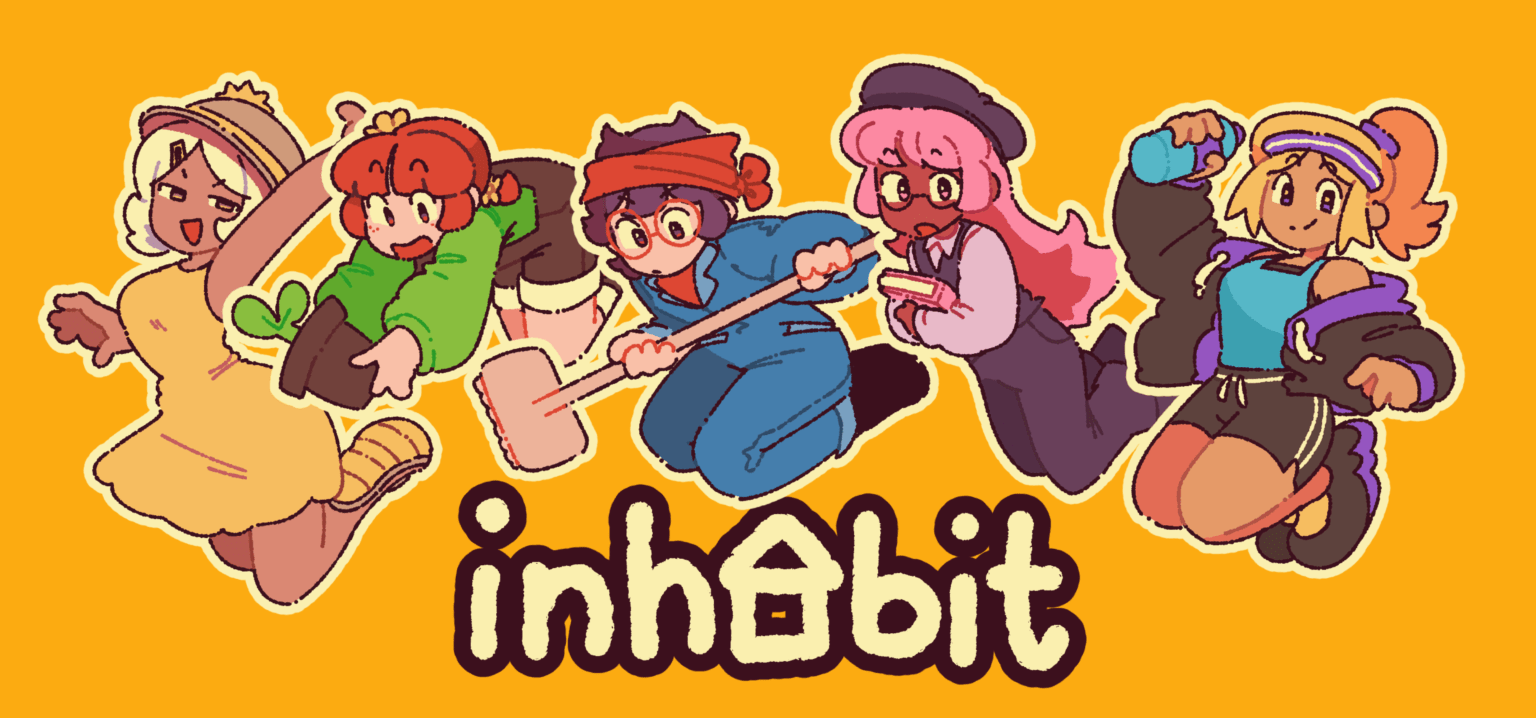Inhabit is the latest release from RAWR Lab, an indie video game publisher and developer that has been in the business since 2014. They began their journey on the obscure Ouya Video Game System, which ran on the Android Operating System but unfortunately faced commercial failure. However, RAWR Lab didn’t let that discourage them. They continued their game development efforts and expanded their releases to PC and Linux platform
This year, they have also released a trilogy of games for the Nintendo Switch, including Spy Bros., Constellations (which was recently released on May 31st), and Inhabit (the game being reviewed today). Public Void is the development team behind this game, consisting of a small yet dedicated staff. Rosh Cortez is responsible for the artwork, Kevin Zimmerman handles the backstory, and Tom Dron takes charge of the music for this small but impactful game.
Sokoban
It’s quite a fascinating game that is inspired by the classic game Sokoban. Sokoban’s concept has seen numerous variations, including games such as Boxxle and Shove-It: The Warehouse Game. However, unlike the aforementioned examples, Inhabit takes a different approach by setting the game in the home of the player.

Sokoban is a puzzle video game that typically requires players to push boxes within a warehouse setting. It was created in 1981 by Hiroyuki Imabayashi, with the first video game version developed and published in 1982 by a company called Thinking Rabbit. As a fun fact, Thinking Rabbit also developed the Mega Man II Game Boy port.
Inhabit takes the foundational concept of the warehouse and introduces a new twist by incorporating various household chores. Players are tasked with tasks such as taking out the trash, cleaning up the garden, manipulating light through reflections, and more. This innovative approach adds a fresh perspective to the traditional Sokoban gameplay.
The adventures of ‘Human’
For casual genre fans, Inhabit will provide a progressive difficulty curve. Starting from easy and gradually becoming extremely challenging, with seven levels per stage. In the game, you encounter a friend in each stage who guides you through the intricacies of the tasks at hand. These tasks include cleaning your house, ensuring direct sunlight reaches your furniture and rooms, navigating through crowded traffic and bustling crowds, watering plants, manipulating your shadow self while sleeping, and many other unique stages.

Interestingly, your character does not possess a specific real name. You’re is simply referred to as “Player” or “Human” by your friends. This adds to the immersive experience of the game, emphasizing the player’s role in the interactive world of Inhabit.
It’s in the details
Rosh Cortez created assets to make this game shine, and they look very good for this engine. The sound, as mentioned before, was created by Tom Dron. While the music is pleasant to hear, it does repeat quite often and isn’t very substantial. However, for a game like this, it provides a pleasant blend of elevator music and instrumental tracks.
Kevin Zimmerman did a great job with the story, creating characters that make it easy to follow and keeps the game going alongside the daily chores that people actually do in real life. This helps the story connect with players and maintains a sense of relatability.

Conclusion
This game doesn’t excel in any one aspect, but it does a very good job overall. The gameplay serves a steep difficulty curve and can be punishing, yet satisfying once you figure it out. The music, despite being repetitive, is actually quite good. The graphics, while standard for the Godot Engine, add a nice touch to a Sokoban-type game. It feels enhanced compared to the typical box-pushing mechanics seen in similar games. The open-world setting is a strong point as well.
This is our Inhabit review, which was played and tested on the Nintendo Switch platform. Inhabit is available for purchase on both the Nintendo Switch and PC platforms, priced at $4.99/€4.99.
Check out our other Nintendo Switch reviews here.
If you enjoy a challenge or Sokoban games in general, I highly recommend purchasing this game. At $4.99, it's a great deal, especially considering it will be available on the Switch starting June 8th. Kudos to RAWR Lab and Public Void for their commendable efforts on this game.


